14 GPTs for Scientific Publication Powered by AI for Free of 2025
AI GPTs for Scientific Publication are advanced tools based on the Generative Pre-trained Transformer (GPT) technology, tailored to assist in the creation, review, and dissemination of scientific content. These AI models are specially fine-tuned to understand and generate text relevant to scientific research and publications. They help automate various tasks such as literature reviews, hypothesis generation, drafting research papers, and even translating complex scientific jargon into more understandable language. The integration of GPTs in the scientific publication process underscores the increasing importance of AI in enhancing the efficiency, accuracy, and accessibility of scientific communication.
Top 10 GPTs for Scientific Publication are: Chart Maker,Mathpix,Academic Translator Pro (to English),Infografik Designer,Quarto GPT,PDF Wizard,Plot AI,Chart Creator,OED,GNSS Articles Translator
Chart Maker
Turn Data into Visual Stories
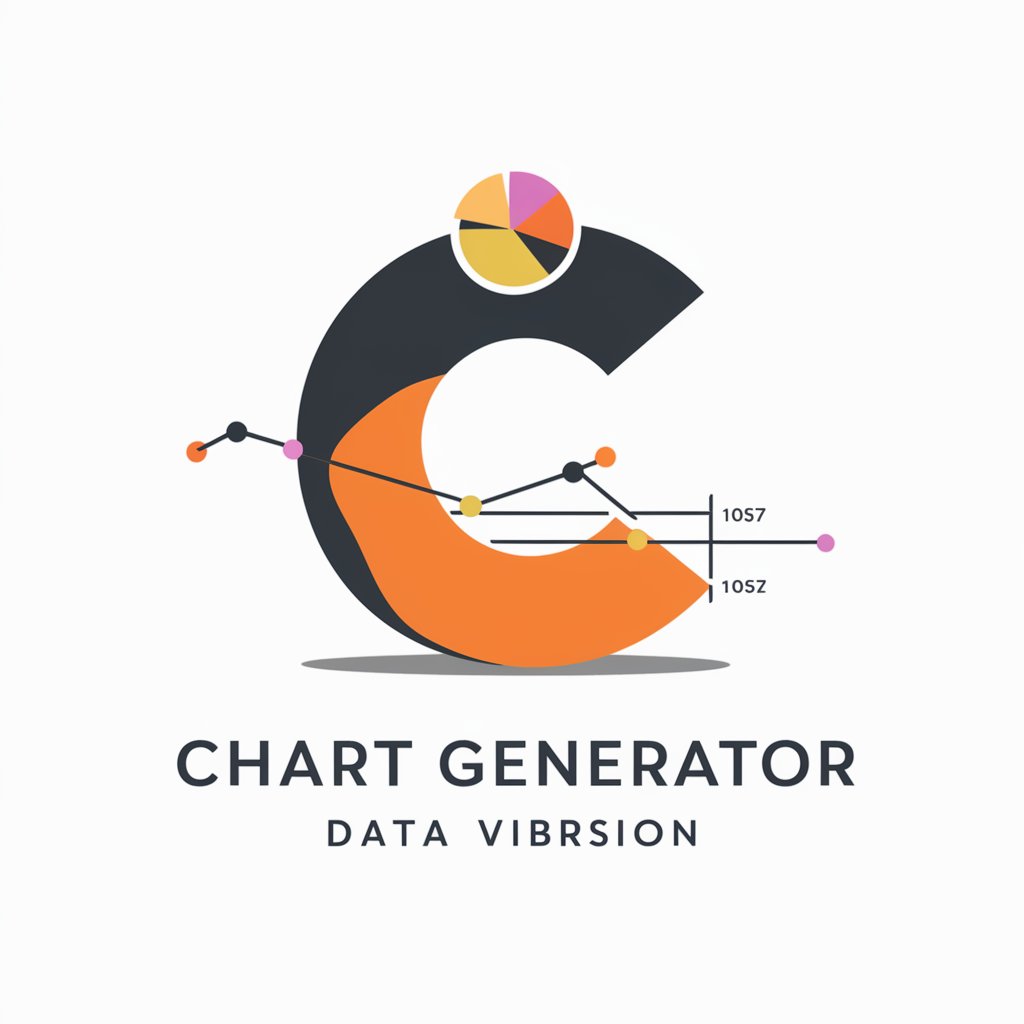
Mathpix
Digitizing Math with AI Precision

Academic Translator Pro (to English)
Elevate Your Research with AI-Powered Translation
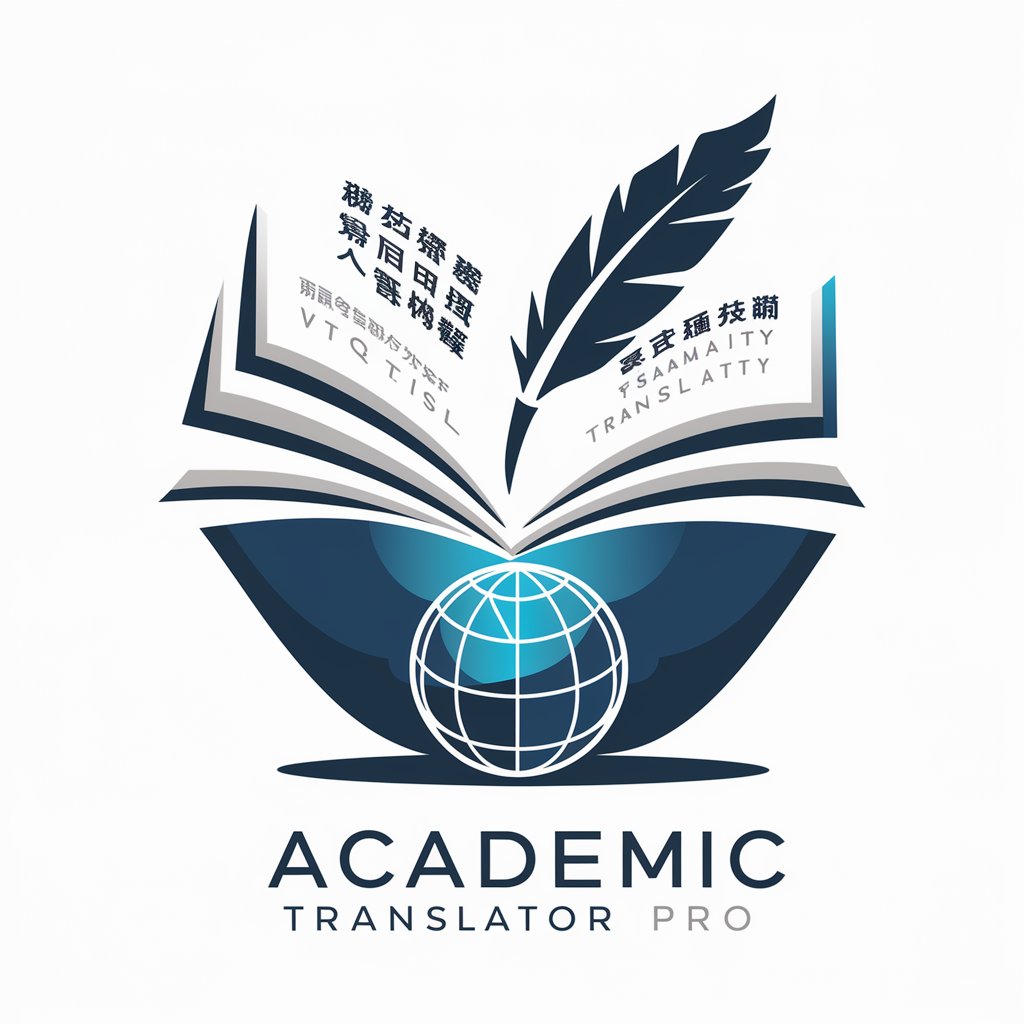
Infografik Designer
Visualize Data with AI Power
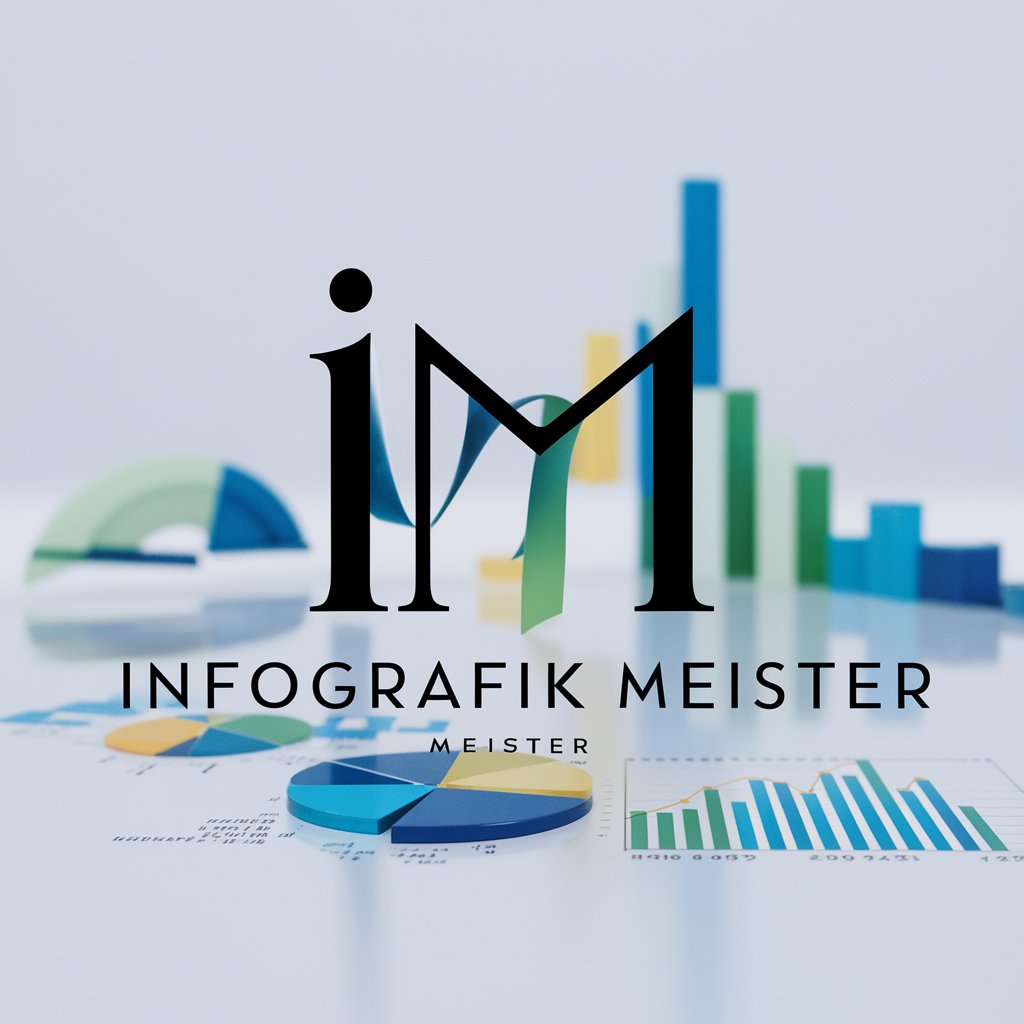
Quarto GPT
Empowering AI-Driven Publishing
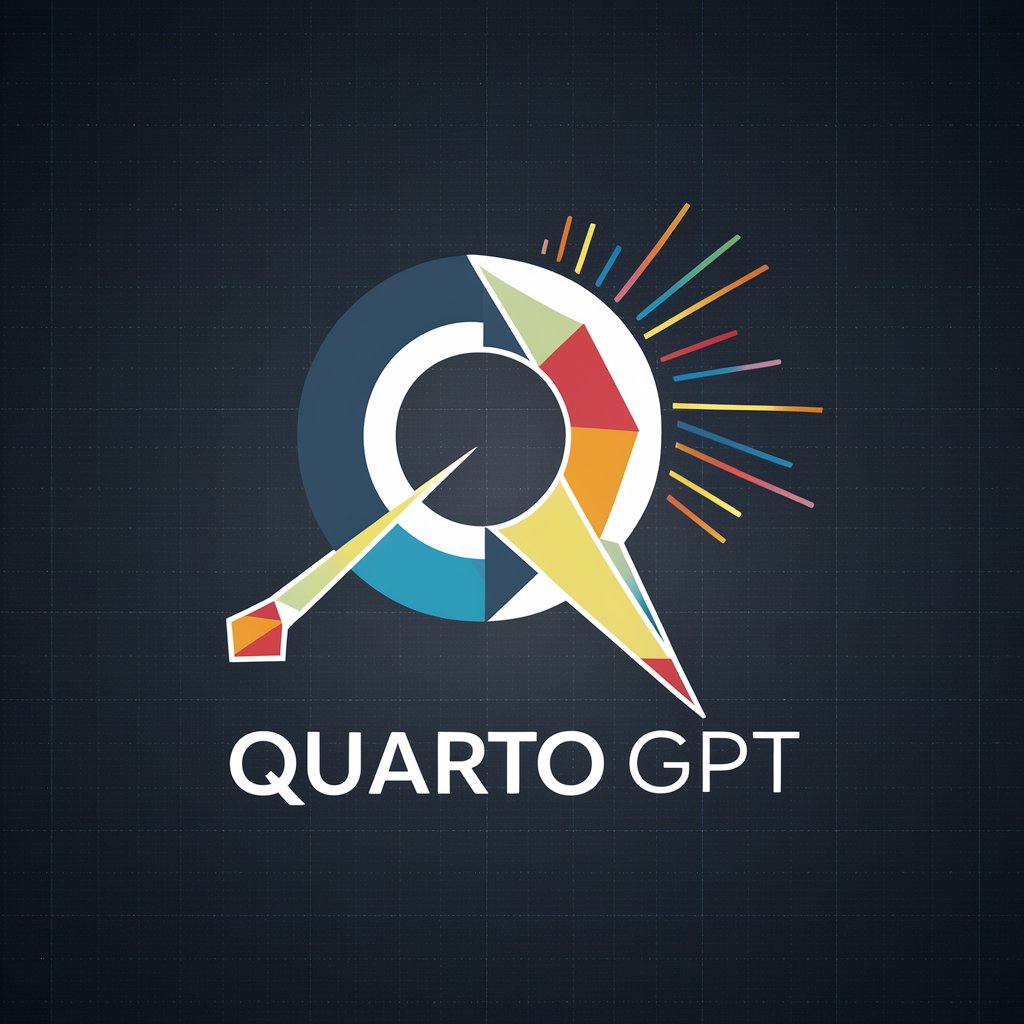
PDF Wizard
Streamline Your PDFs with AI-Powered Precision
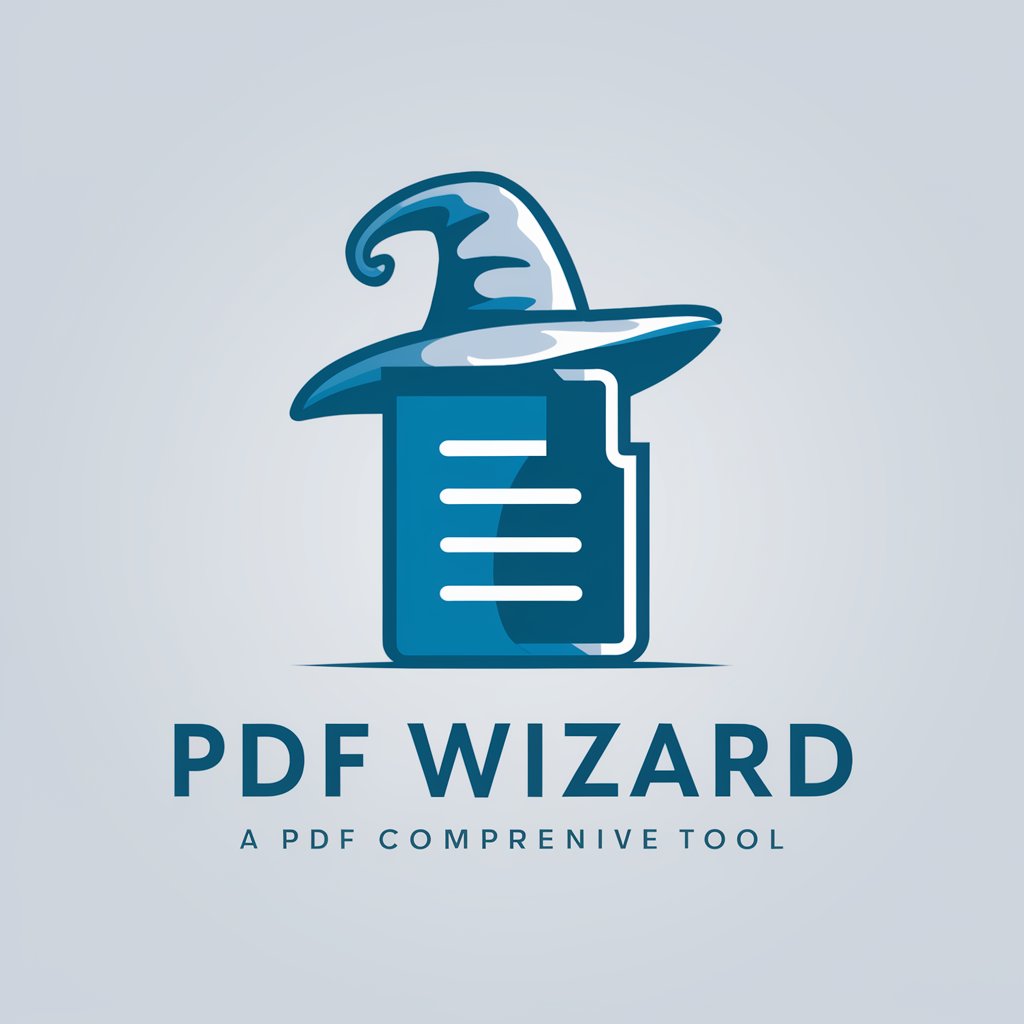
Plot AI
Transform Data into Visual Insights
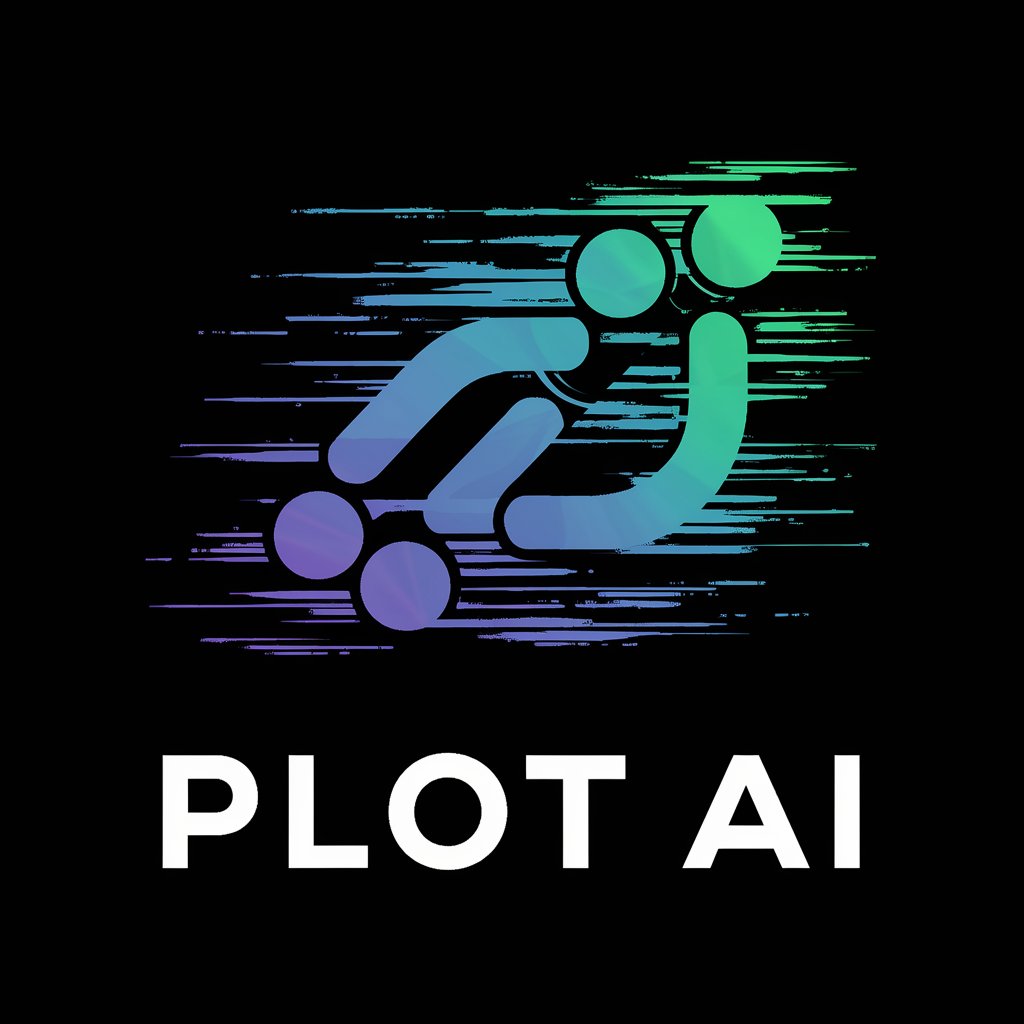
Chart Creator
Transform data into insights with AI.

OED
AI-Powered Experimental Design Optimization

GNSS Articles Translator
Translating GNSS content with AI precision.

ChartExtractorGPT
Transforming Graphs into Data with AI

Viz
Empower your data with AI-driven charts.

BioPath Illustrator
Illustrating Biology with AI Precision

Parasites
Unlock the world of parasites with AI
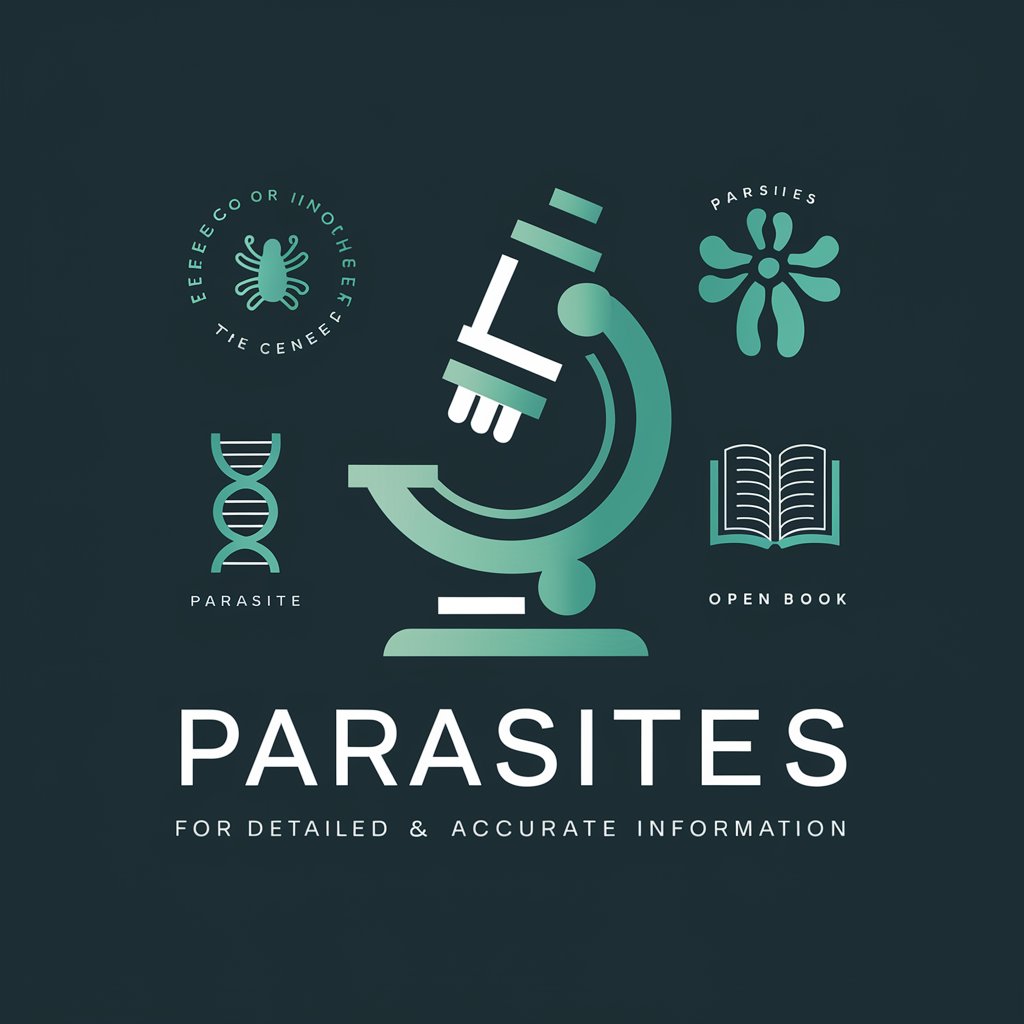
Essential Attributes and Functions
AI GPTs for Scientific Publication are distinguished by their ability to process and generate technical and scientific content accurately. Core features include natural language understanding and generation, data analysis, image creation based on scientific data, and technical support for researchers. These tools adapt from providing simple summaries of scientific papers to generating comprehensive research articles. Special features like web searching capabilities, integration with scientific databases, and custom language models for specific scientific domains further enhance their utility.
Who Benefits from Scientific Publication GPTs
The primary users of AI GPTs for Scientific Publication include researchers, academicians, students, and science communicators. These tools are designed to be accessible to novices without coding experience, offering straightforward interfaces for generating and analyzing content. Additionally, developers and professionals with technical expertise can customize these GPTs for more specialized tasks, making them versatile tools for a wide range of scientific disciplines.
Try Our other AI GPTs tools for Free
Mathematical Modeling
Explore the frontier of mathematical modeling with AI GPTs. These advanced tools offer unparalleled precision, adaptability, and user-friendly interfaces for solving complex mathematical problems.
Cover Letter Customization
Elevate your job applications with AI-powered Cover Letter Customization tools. Tailor your cover letters to stand out to recruiters and land your dream job.
Horror Entertainment
Discover the thrilling potential of AI GPTs for Horror Entertainment, designed to craft bespoke horror narratives, visuals, and interactive experiences. Perfect for creators and enthusiasts alike.
Immersive Narratives
Discover how AI GPTs for Immersive Narratives can transform storytelling, offering unparalleled engagement through tailored, interactive content creation.
Philosophical Discussions
Explore the world of philosophical inquiry with AI GPT tools designed to engage, analyze, and inspire discussions on deep philosophical topics.
Learning Resource
Discover how AI GPTs for Learning Resource revolutionize education with personalized learning experiences, adaptable content, and interactive tools designed for learners and educators.
Expanding Horizons with GPTs in Science
AI GPTs offer revolutionary possibilities for the scientific community, from streamlining the publication process to democratizing access to scientific knowledge. These tools not only enhance productivity but also foster innovation by enabling researchers to explore new hypotheses and ideas. Their user-friendly interfaces and integration capabilities make them an invaluable asset for advancing scientific research and communication.
Frequently Asked Questions
What exactly are AI GPTs for Scientific Publication?
AI GPTs for Scientific Publication are specialized versions of AI models that assist in the writing, reviewing, and publishing of scientific materials, leveraging the capabilities of Generative Pre-trained Transformers to understand and produce content relevant to the scientific community.
Can these tools generate entire research papers?
Yes, AI GPTs can assist in generating drafts of research papers, including sections like literature review, methodology, and conclusions, although human oversight and input are crucial for ensuring accuracy and ethical compliance.
Do I need programming skills to use these GPTs?
No, these tools are designed with user-friendly interfaces that do not require programming skills for basic functions, making them accessible to a broad audience including students and researchers.
Can AI GPTs for Scientific Publication create scientific images?
Yes, some of these AI GPTs have the capability to generate images based on scientific data, helping to visualize complex information and findings.
Are there customization options for specific scientific domains?
Yes, these AI tools can be customized with specific language models and datasets to cater to particular scientific domains, enhancing their precision and relevance.
How do AI GPTs ensure the accuracy of generated content?
AI GPTs are trained on vast datasets of scientific literature, but accuracy also depends on continuous learning and updates. Human review is recommended to ensure the highest level of accuracy in the final output.
Can these tools integrate with existing scientific databases and software?
Yes, many AI GPTs for Scientific Publication can integrate with existing databases and software, facilitating seamless workflow and data analysis within the scientific research process.
What are the ethical considerations when using AI for scientific publications?
Ethical considerations include ensuring the originality of content, avoiding plagiarism, and maintaining transparency about the use of AI in the research and publication process. It's essential to use these tools responsibly and in compliance with all relevant guidelines and standards.